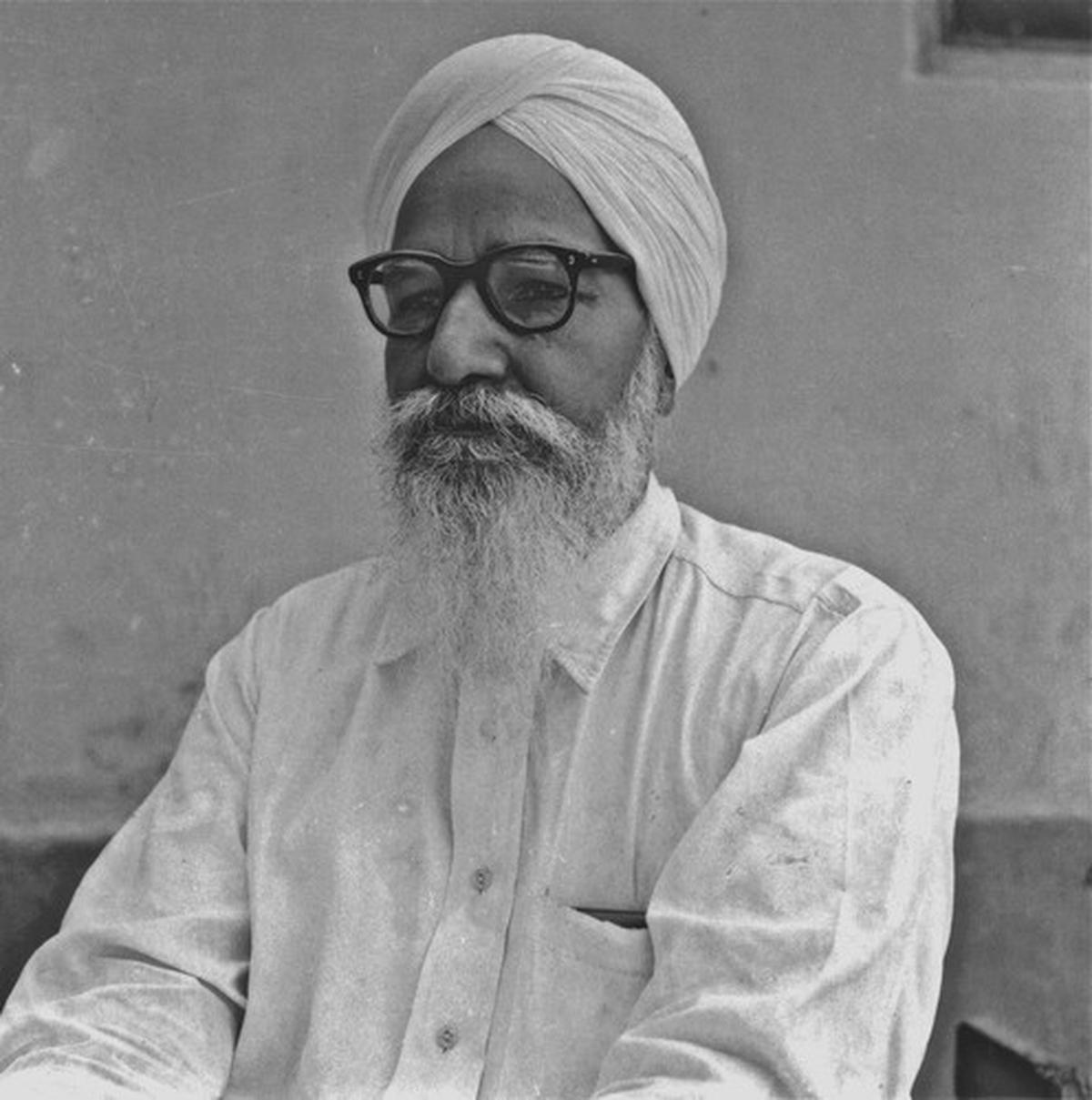On 13 April 1919, the Jallianwala Bagh massacre took place in Amritsar, Punjab, India. The event is considered one of the most tragic incidents in India’s struggle for independence from British colonial rule. It was a brutal attack on unarmed, innocent civilians who had gathered in a small, enclosed public garden to celebrate the religious festival of Baisakhi. The British colonial government had banned all public gatherings in the city after declaring martial law due to civil unrest in the region.
The British Indian Army under the command of General Reginald Dyer entered the garden and opened fire on the peaceful protesters without warning. The firing continued for approximately ten minutes until the ammunition of the troops was exhausted. The garden’s narrow, enclosed space made it difficult for people to escape the firing, resulting in over 1,000 casualties, including men, women, and children.
The Jallianwala Bagh massacre sparked widespread outrage and condemnation across India and the world. It galvanized the Indian independence movement, which ultimately led to India’s freedom from British colonial rule in 1947.
The 104th anniversary of the Jallianwala Bagh massacre is a solemn occasion to remember and honor the sacrifice of the martyrs who laid down their lives for the country’s freedom. It is a reminder that the struggle for independence was not without immense sacrifice and struggle.

Why this News is important
The Jallianwala Bagh massacre is an essential event in Indian history and an important topic for students preparing for various government exams. Understanding the significance of this event is crucial to comprehend the country’s struggle for independence and the impact of colonialism on India’s political, social, and economic systems.
Historical context
The Jallianwala Bagh massacre was a culmination of the Indian independence movement’s struggle against British colonial rule, which had been ongoing for decades. The British government’s policies and actions, such as the partition of Bengal in 1905 and the Rowlatt Act in 1919, further fueled the movement’s resentment against colonial rule.
On 6 April 1919, the British colonial government arrested two prominent Indian leaders, Dr. Saifuddin Kitchlew and Dr. Satyapal, sparking widespread protests and demonstrations across Punjab. General Dyer was sent to Amritsar to restore order, and on 13 April 1919, he ordered his troops to open fire on a peaceful gathering of civilians at Jallianwala Bagh.
The massacre triggered widespread outrage across India and the world and intensified the Indian independence movement’s struggle against British colonial rule.
Key Takeaways from “Jallianwala Bagh Massacre: Remembering the tragedy of 13 April 1919”
| S.No. | Key Takeaway |
|---|---|
| 1 | The Jallianwala Bagh massacre took place on 13 April 1919 in Amritsar, Punjab, India. |
| 2 | It was a brutal attack by the British Indian Army on unarmed, innocent civilians who had gathered to celebrate the religious festival of Baisakhi. |
| 3 | The massacre resulted in over 1,000 casualties, including men, women, and children. |
| 4 | The event sparked widespread outrage and condemnation across India and the world, intensifying the Indian independence movement’s struggle against British colonial rule. |
| 5 | The Jallianwala Bagh massacre played a crucial role in India’s struggle for independence and is a reminder of the immense sacrifice and struggle that was required for India to achieve freedom from British colonial rule. |
Important FAQs for Students from this News
Q: When did the Jallianwala Bagh massacre take place?
A: The Jallianwala Bagh massacre took place on 13 April 1919.
Q: Where did the Jallianwala Bagh massacre occur?
A: The Jallianwala Bagh massacre occurred in Amritsar, Punjab, India.
Q: How many casualties were there in the Jallianwala Bagh massacre?
A: The Jallianwala Bagh massacre resulted in over 1,000 casualties, including men, women, and children.
Q: What was the significance of the Jallianwala Bagh massacre?
A: The Jallianwala Bagh massacre played a crucial role in India’s struggle for independence and intensified the Indian independence movement’s struggle against British colonial rule.
Q: Who ordered the Jallianwala Bagh massacre?
A: General Reginald Dyer ordered the Jallianwala Bagh massacre.
Some Important Current Affairs Links


















